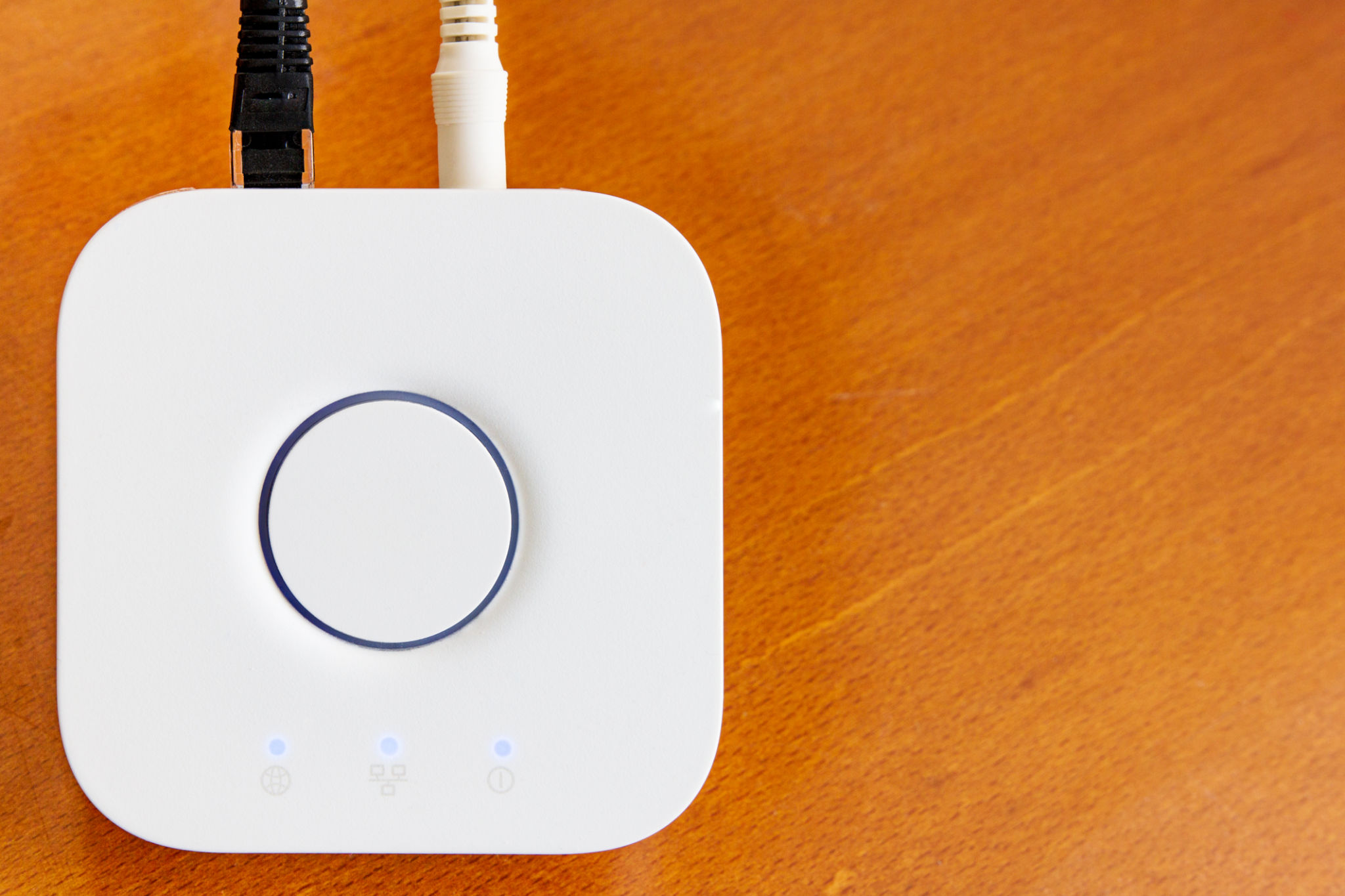A Guide to Implementing Smart Home Systems for Business Efficiency
Understanding Smart Home Systems for Businesses
In today’s digital age, integrating smart home systems into businesses is becoming increasingly popular. These systems, once primarily used in residential settings, are now being leveraged to enhance business efficiency and streamline operations. From automated lighting to intelligent security systems, smart technology offers a wide array of solutions for modern businesses.
The core advantage of smart systems lies in their ability to connect various devices and systems through the Internet of Things (IoT). This connectivity allows for seamless control and automation, leading to improved efficiency and reduced operational costs. Let's delve into how businesses can implement these technologies effectively.

Choosing the Right Smart Devices
When considering smart home systems for your business, it’s crucial to select the right devices that align with your operational needs. Start by identifying areas where automation could save time and resources. Common choices include smart thermostats, lighting systems, and security cameras.
Smart thermostats can optimize heating and cooling schedules, reducing energy consumption. Automated lighting systems adjust based on occupancy and natural light conditions, enhancing energy efficiency. Meanwhile, advanced security cameras provide real-time monitoring and alerts, ensuring the safety of both physical and digital assets.

Integrating Smart Systems with Existing Infrastructure
Successful implementation of smart home technology requires seamless integration with your existing infrastructure. Evaluate the compatibility of new devices with your current systems to avoid disruptions. Many smart devices offer compatibility with popular platforms like Amazon Alexa or Google Assistant, facilitating easy integration.
Consider investing in a central hub that can manage various devices from a single interface. This not only simplifies control but also ensures that all systems work harmoniously together. Additionally, having a centralized platform aids in monitoring performance metrics and diagnosing issues promptly.

Enhancing Business Efficiency Through Automation
Automation is a key benefit of smart home systems that can significantly boost business efficiency. By automating routine tasks, employees can focus on more strategic activities that drive growth. For instance, automated scheduling of meetings or maintenance reminders can free up valuable time.
Moreover, automated data collection and analysis allow businesses to make informed decisions. Smart sensors can gather data on customer patterns or energy usage, providing insights that help refine business strategies. This data-driven approach leads to more efficient operations and improved customer experiences.
Addressing Security Concerns
While smart systems offer numerous advantages, security remains a top concern. Businesses must ensure that their networks are secure to prevent unauthorized access to sensitive data. Implementing robust cybersecurity measures is essential to protect both business and customer information.
Regularly updating software and firmware is crucial to safeguard against vulnerabilities. Additionally, using strong passwords and enabling two-factor authentication can enhance security. Businesses should also educate employees on best practices for maintaining digital security.

The Future of Smart Technology in Business
The adoption of smart home systems in businesses is set to grow as technology continues to evolve. Future advancements are likely to introduce even more sophisticated solutions, further enhancing operational efficiency and productivity.
As businesses continue to embrace digital transformation, staying informed about emerging smart technologies will be critical. By proactively adopting these innovations, companies can remain competitive and agile in a rapidly changing marketplace.
